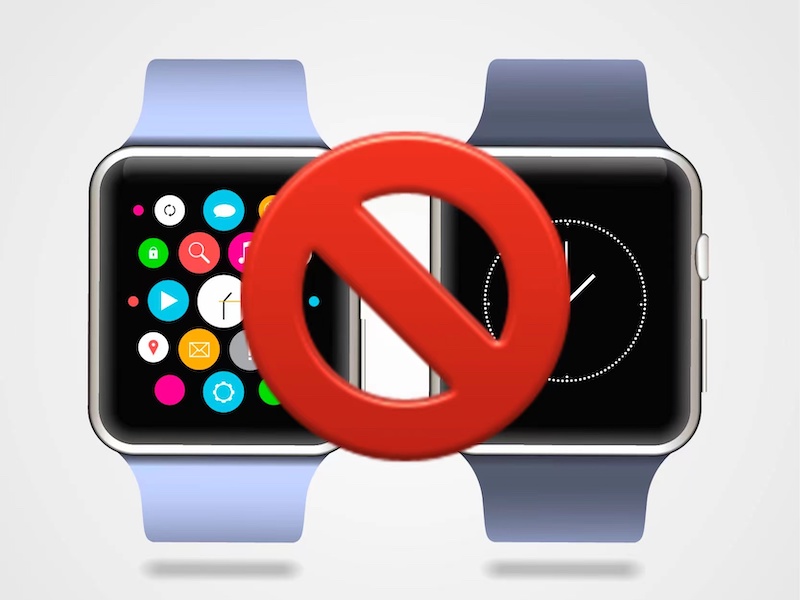- Apple urgently challenges US ban on series 9 Apple watch and Apple Watch Ultra 2, fearing “irreparable harm.”
- Swift appeal filed as Apple faces ban on Watch Series 9 and Ultra 2 sales in the US.Debate on intellectual property: Paying fees or principles? Apple’s stance shapes tech relationships.
Apple’s obvious attempt
The documents show that the US Customs and Border Protection Exclusion Order Enforcement Service will decide the fate of the redesigned watch model on 13 January 2023. Interestingly, the ban only affects sales at Apple Stores in the United States, but Apple can still sell these products at other stores or online platforms in the United States. In the legal filing, Apple’s lawyers stressed that the $3 trillion company could suffer “irreparable harm” if its flagship wearable device continues to be sidelined in the current legal battle. Apple believes that, at the very least, enforcement should be put on hold until this critical decision is made. It remains to be seen, however, whether the ban will do any real damage to Apple.
Urgent delay in the entry into force of the ban
In an unsurprising turn of events, tech giant Apple has appealed the International Trade Commission’s (ITC) decision to ban the sale of its popular Watch Series 9 and Watch Ultra 2 models in the United States. Court records reveal that Apple is not only challenging the ban but is also urgently seeking a temporary suspension, or stay, for at least two weeks.This move comes as the company awaits a verdict on redesigned versions of the contested models.
“We strongly disagree with the US ITC decision.”
Apple said in a statement
Expressing its discontent with the USITC decision, Apple conveyed its strong disagreement with the resulting exclusion order, vowing to take all necessary steps to swiftly restore these sought-after wearables to its American customer base. While the company issued a statement to Reuters on the matter, it has yet to respond to The Verge’s request for additional commentary.
At the heart of the ban lies the accusation that Apple infringed upon the blood oxygen saturation technology patented by health tech firm Masimo, leading to a consequential exclusion order. Notably, these models, touted by Apple as among their most popular, now face a temporary expulsion from the US market.
Also read: Apple’s pursuit of news archives raises concerns over AI training
Debate over intellectual property rights rages on
The unfolding saga prompts discussions on the principle of intellectual property, with Apple supporters suggesting that the company should merely pay the licensing fee to resolve the issue. However, others argue that for Apple, a behemoth in the supply chain domain, the matter extends beyond finances. The debate touches on whether paying a licensing fee is a small price for Apple to maintain a harmonious relationship with its partners, suppliers, and vendors.
As the legal battle unfolds, it remains to be seen whether Apple can navigate through the intricate landscape of intellectual property rights and strike a balance between innovation and respect for patents. The outcome of this case could potentially reshape the dynamics of tech industry relationships and set new precedents for intellectual property disputes on a global scale.

